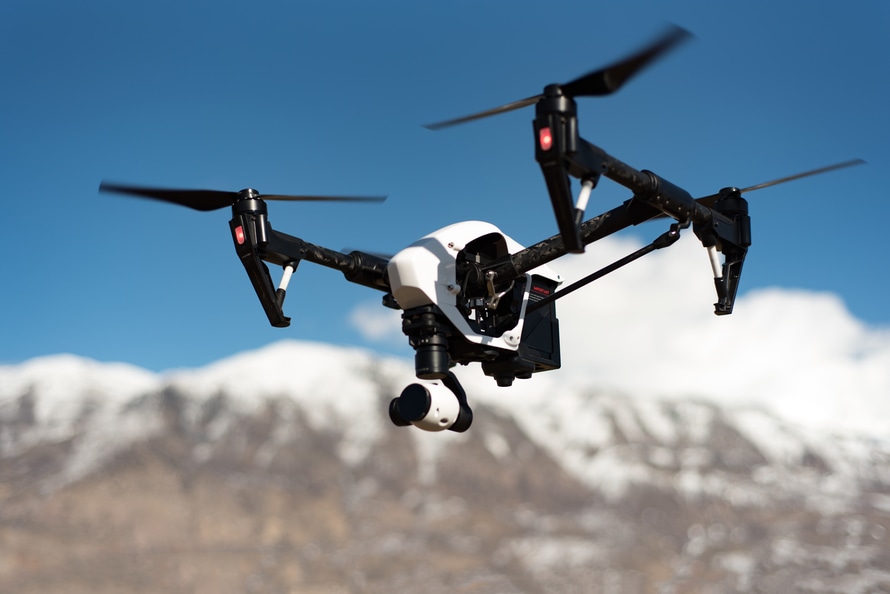
Drones have become one of the hottest new technologies of the decade. Like with many new technologies though, the regulators have caught up to it, and the FAA is now requiring drone owners to be licensed to fly them in The United States -- and the test may be harder than you expected.
Since the first consumer drones hit the market, people have loved them. They enjoy flying them, but more importantly, people love the video you can acquire using them. It used to be if you wanted an aerial shot you had to use a helicopter or a blimp -- both of which can be quite costly. Then entered drones and that all changed. People started using them in all sorts of innovative ways from coverage of music festivals to real estate videos. To regulators, however, they raised some serious risk in our skies. Risks including interference with planes, privacy concerns and others.
For some time the FAA left the regulation vague. You could use a drone, but only for personal use and not for any business, you couldn't fly them near airports or large building, but most of these rules were not codified and ended with small fines.
Now the FAA has decided that to own and operate a drone you must be licensed and take a written test.
Phil Kurz of TV News Check reports on the test, and how it may not be so easy to pass:
On Aug. 31, Tony Gupton, a 37-year veteran of the WRAL Raleigh, N.C., engineering staff, recalls having that uncomfortable mixture of apprehension and anticipation felt by high school or college students most every day when he submitted his answers to the certification exam that would allow him to fly small, unmanned drones.
“When I got up from the exam, I wasn’t sure if I passed or not,” he says. “I felt the test was hard.”
Of the 5,089 people who took the exam between Aug. 29 — the first day it was offered — and Sept. 16, some 88% passed, which falls right in line with the pass rate for the written tests private pilots must take, says an FAA spokesperson.
The FAA does not break down the number by industry, so it’s not possible to know how many are from the media.
However, the FAA statistics don’t tell the whole story because unlike someone who takes a pilot’s exam, those coming to the drone test with little to no aviation background haven’t had the benefit of a flight instructor to mentor them for months on end and drive home extremely specialized aviation knowledge, says Matt Waite, a private pilot, professor of journalism and director of the Drone Journalism Lab — the nation’s first — at the University of Nebraska.
The FAA’s pass-fail numbers don’t distinguish between those like Gupton, who go into the exam without being a licensed pilot, and those who are.
Read the full article here.


